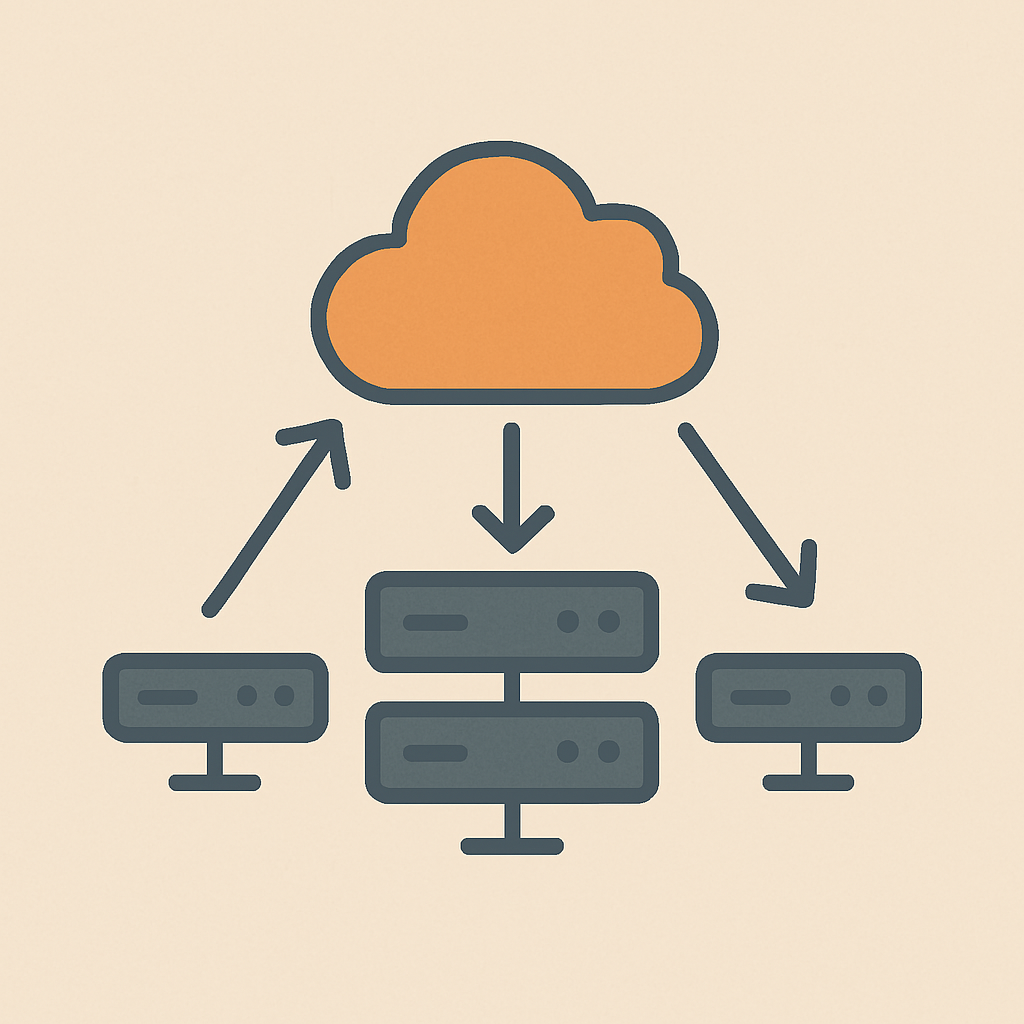CDN
networking performance web infrastructure
What is a CDN?
A Content Delivery Network (CDN) is a geographically distributed network of servers that work together to provide fast delivery of internet content. CDNs store cached copies of website content in multiple locations around the world, so when a user requests a webpage, the content is delivered from the nearest server rather than from the original, potentially distant host server.
Simple Analogy
Think of a CDN like a chain of restaurants:
- Without CDN: Imagine having just one restaurant in New York that ships food worldwide. If you’re in Tokyo, your order goes to New York, they prepare it, and ship it to Tokyo (slow, food gets cold).
- With CDN: Instead, now imagine having identical restaurants in cities worldwide. When you order food, you get it from the nearest restaurant, not from New York (fast, fresh, and hot).
Using a CDN has advantages such as:
- Faster service: Get your content faster from the nearest server
- Consistent quality: Every server has identical content
- Reliability: If one server is busy or down, others remain available
- Scaling capacity: Local servers handle increased traffic without overwhelming the main server
